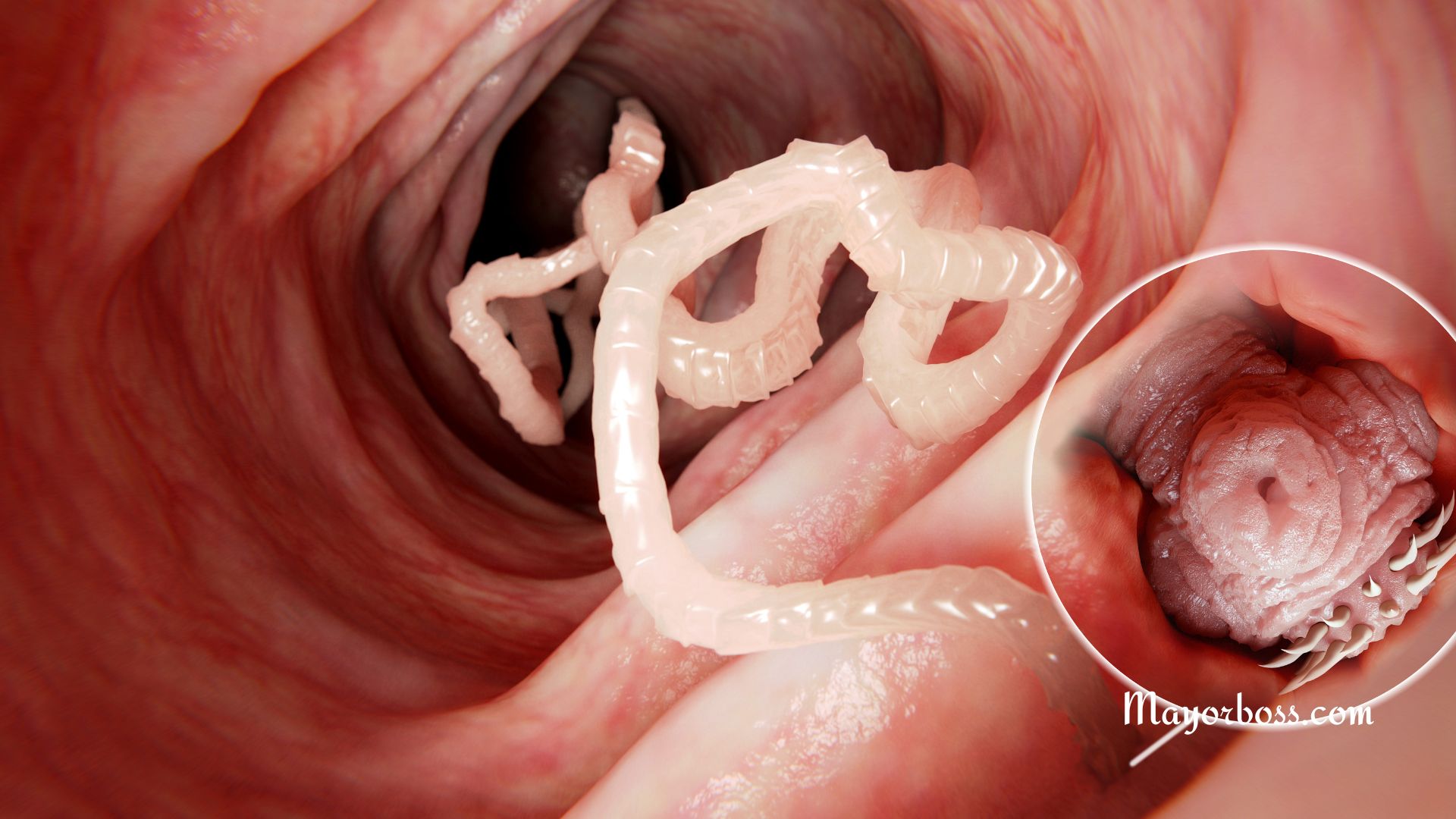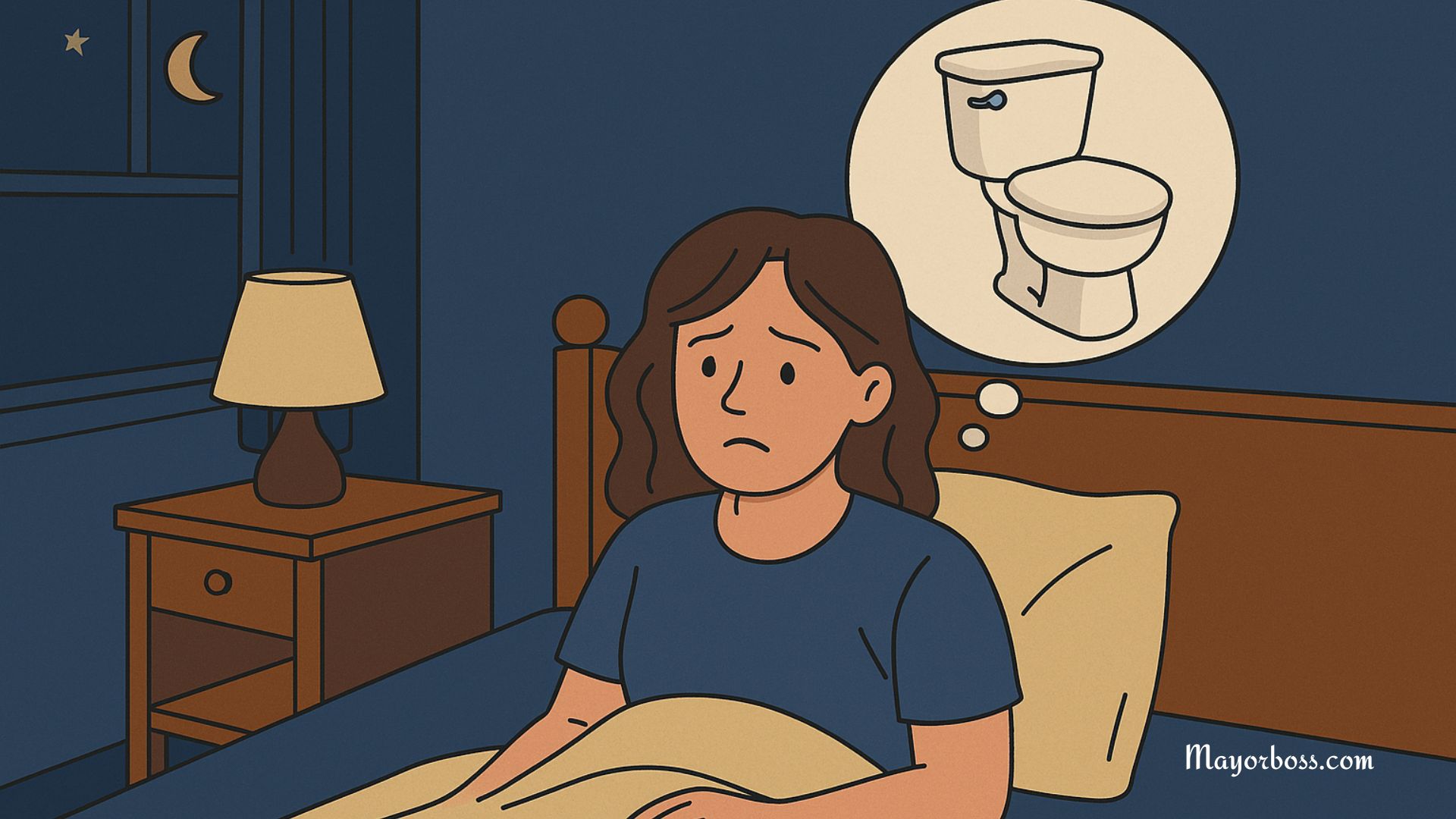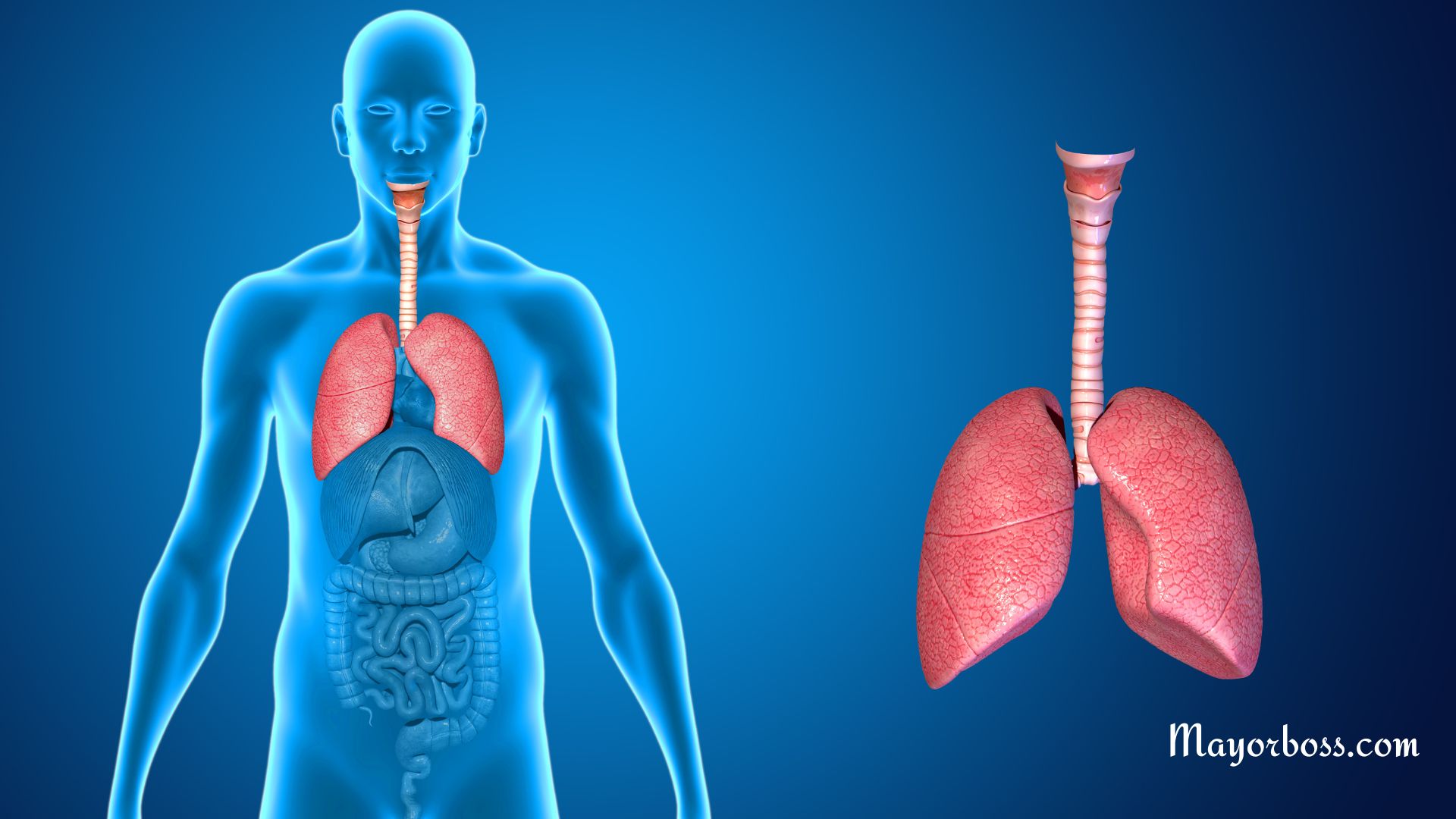7 Signs You Might Have a Parasite
If you’re experiencing symptoms like frequent stomach aches, fatigue, or itchy skin, you might be hosting an unwelcome guest—a parasite. From microscopic organisms to worms, parasites can cause a variety of health problems. Here, we’ll explore seven signs that may hint at a parasitic infection.
1. Digestive Issues
Stomach Cramps and Diarrhea
If you’re experiencing frequent stomach cramps and diarrhea, you might have a parasite. These symptoms can happen because the parasites are disrupting your digestive system. According to medical experts, certain parasites like Giardia and roundworms commonly cause these issues.

Bloating and Gas
On the other hand, you might notice that you’re feeling bloated or gassy more often. This is another sign of a possible parasite infection, particularly called Blastocystis. This microscopic parasite also lives in your intestines and loves to disrupt your digestive system. It’s often contracted from food or water that’s been contaminated.
2. Fatigue and Weakness
If you’re constantly feeling tired and weak, it’s worth considering that a parasite might be the culprit. Hookworms might be stealing your energy. These parasites latch onto the inside of your intestines and feed off your blood. This can make you feel really tired and weak.
So, when you’re always feeling tired, it might not just be a busy schedule to blame. You can get hookworms by walking barefoot on contaminated soil, so watch your step!
3. Unexplained Weight Loss
If you’re losing weight but not trying to, tapeworms could be the main reason. These long, flat worms live in your intestines and eat the food you’re trying to digest. That means you don’t get the nutrients you need, and you can lose weight without wanting to.
4. Skin Issues
Itchy Skin or Rashes
Your skin might also show signs you have a parasite. If you’re super itchy or have a weird rash, you could have scabies. This mite digs into your skin and lays eggs, causing a lot of itchiness and discomfort. Close skin-to-skin contact is the usual way this parasite spreads.
Sores or Lesions
If you’ve got sores or lesions on your skin, the parasite leishmaniasis could be to blame. This parasite is usually transmitted through the bite of a sandfly and causes sores that can take a long time to heal.
5. Joint and Muscle Pain
Experiencing joint or muscle pain? It might be more than just a strenuous workout. A parasite called Trichinella could be making a home in your muscle tissues, causing all that pain. Therefore, if you’ve ruled out common causes like exercise or arthritis, a parasite might be to blame. This parasite can be contracted from eating undercooked meat, particularly pork and wild game.
6. Allergic Reactions
If you start sneezing a lot or getting other allergy symptoms, Ascaris might be the problem. This parasite lives in your intestines and can travel through your body, triggering allergic responses like sneezing and itching. You usually get it from contaminated soil or food.
7. Mental Fog or Anxiety
If your brain feels like it’s in a fog or you’re more anxious than usual, Toxoplasma gondii might be meddling with your head. This parasite releases substances that can make you feel anxious or foggy. In particular, this parasite is often found in cat feces and can affect your mood and concentration.
Each of these signs alone may not mean you have a parasite. However, if you’re experiencing multiple symptoms, it’s a good idea to consult a healthcare professional for proper diagnosis and treatment.
Frequently Asked Questions About Parasites
What Tests Are Done to Diagnose Parasites?
Several tests can help pinpoint if you have a parasite. The most common one is a stool test, where you provide a sample to be examined under a microscope. For parasites like scabies that affect the skin, a skin scraping might be done. Blood tests can also detect certain parasites like Toxoplasma.
Can Parasites Be Harmful?
Yes, parasites can indeed be harmful. They can cause a wide range of symptoms, from mild discomfort to more severe health issues. For example, hookworms can lead to anemia, while tapeworms can cause nutritional deficiencies. So, if you suspect you have a parasite, it’s crucial to seek medical advice.
How Do I Get Rid of Parasites?
Getting rid of parasites usually involves medication prescribed by a healthcare professional. The type of medication will depend on the kind of parasite you have. For instance, if you have a Giardia infection, you might be prescribed an antiparasitic drug like metronidazole. For skin parasites like scabies, topical creams are usually the go-to treatment. In more severe cases involving parasites like tapeworms, more aggressive treatments may be required.
Some people also use natural stuff like garlic or pumpkin seeds to deal with parasites. But always talk to your doctor before you try these.
Can I Prevent Parasite Infections?
Absolutely, you can take steps to prevent parasite infections. Always practice good hygiene, like washing your hands regularly, especially before eating. Be cautious with food and water, especially when traveling. Cook meat thoroughly and avoid walking barefoot in areas where hookworms might be present.
Can Pets Transmit Parasites to Humans?
Yes, pets can transmit certain parasites to humans. Toxoplasma, for example, is often found in cat feces. Make sure to practice good hygiene around your pets and keep their living areas clean. Regular vet check-ups can also help keep both you and your furry friends parasite-free.
Can You Have a Parasite and Not Know It?
Absolutely, some parasites are really sneaky! They can live inside you for years without causing any symptoms. That’s why it’s a good idea to get checked if you’ve been to areas where parasites are common or if you have persistent health issues that don’t have a clear cause.






